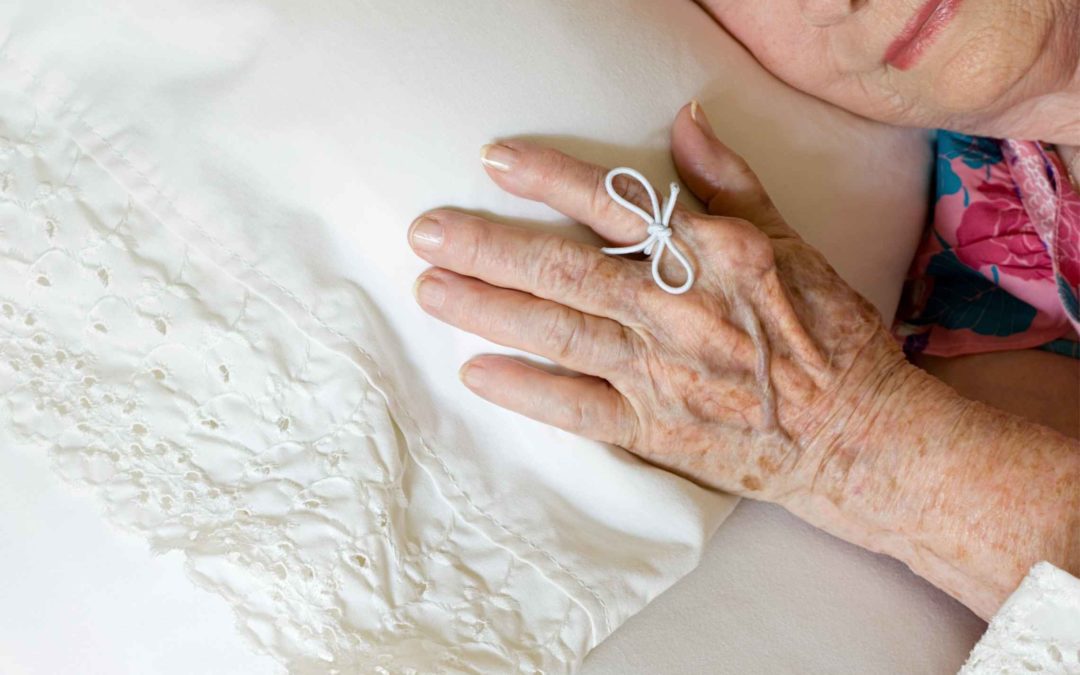Memory lapses like forgetting where you parked your car or calling someone by the wrong name are normal and happen to the best of us. However, as you age, forgetfulness tends to occur more often. If you have an aging loved one, you begin to question if the memory lapses are normal or a sign of dementia. Dementia occurs gradually and in stages. To assist you in determining if your loved one has dementia, we examine the different phases of dementia in seniors. These documented stages will assist you in seeking the appropriate care.
What is dementia?
Dementia is the persistent disorder of mental processes caused by brain injury or disease. It causes personality changes, memory lapses, and compromised reasoning. While many confuse Alzheimer’s disease with dementia, it is imperative to note that dementia is a general term used for many brain function symptoms. At the same time, Alzheimer’s is a specific type of dementia.
How to diagnose dementia
Although there is no one way to diagnose dementia, doctors use everything they have at their disposal to do so. This assessment includes laboratory tests, investigating medical history, and a physical examination. They also assess daily changes in your loved one’s behavior and way of thinking and decision-making. Therefore, although findings for dementia are conclusive, it is more difficult to determine the type of dementia a patient has. Melissa Johnson, RN, MHA, CHPN, and CCM note that dementia can only be confirmed 100% when an autopsy is performed.
The different phases of dementia in seniors
The capabilities of someone with dementia can change regularly (even on the same day). Dementia is a degenerative disease, and abilities will deteriorate whether it takes weeks, months, or years. The most common scale used to measure the progression of dementia is the Global Deterioration Scale for Assessment of Primary Degenerative Dementia, which is a seven-stage breakdown of primary progressive dementia. The stages of dementia are categorized as follows:
Early dementia (very mild to mild cognitive decline)
At this stage, forgetfulness is mild and is often only apparent in hindsight. The onset of dementia is gradual and may be mistaken for forgetfulness or the normal process of aging. The person may:
- Have trouble handling money
- Make poor decisions
- Be unable to adapt to change
- Have difficulty concentrating
- General memory loss
- Confused about the time and place
- Struggle to follow a conversation or find the right word when conversing
- May become self-centered and care less about others or their feelings
Moderate dementia (moderately severe cognitive decline)
As moderate dementia sets in, the symptoms become apparent and troubling. It gets more difficult to perform regular activities that posed no problem before. This is generally the stage loved ones experience the greatest behavioral disturbances. The person may:
- Neglect self-care and nutrition
- See or hear things that aren’t there
- Become repetitive
- Get lost in even familiar surroundings
- Forget the stove on
- Forget names of friends and family
- Become angry or upset due to frustration and confusion
Advanced dementia (very severe cognitive decline)
At this stage, your loved one is severely disabled and requires full-time care. Your senior may start displaying the following behavior:
- Have uncontrolled movements
- Have permanent immobility
- Be incontinent
- Be disturbed at night
- Fail to recognize everyday objects
- Lose their ability to use speech
- Show no recognition of family and friends
What to do if you think your senior has dementia
If you notice any cognitive or behavioral changes in your aging loved one, we suggest that you seek professional assistance from a healthcare professional. Once the diagnosis is received, the phases above will help you select the correct course of action and care to follow for their current and ongoing cognitive condition.
“Be proactive once a diagnosis is received. There are many considerations to take into account with progressive cognitive decline. You will want to allow your loved one to be as involved in decision-making as possible. This includes discussing what care your loved one would want. Consider looking into facilities with your loved one to better understand what your loved one likes or dislikes. Home care may also be an option prior to placement in a facility or in combination with placement.”
Melissa Johnson, RN, MHA, CHPN, and CCM
If you require assistance in making a decision, get in touch with us. We can help you find local long-term senior living resources at no cost to your family.
Melissa Johnson is the owner of Senior Care Management Solutions, LLC and has recently published an e-book called “Embracing Dementia: Real-Life Experiences of Providing Optimal Dementia Care”. You can purchase a copy on Amazon here.
References:
The 7 Stages of Dementia: Early, Middle, Late Dementia Symptoms by Hannah Grey
Progression of Dementia extracted from Dementia Australia.


